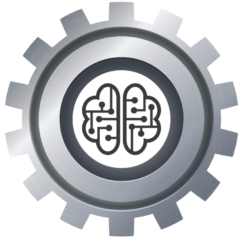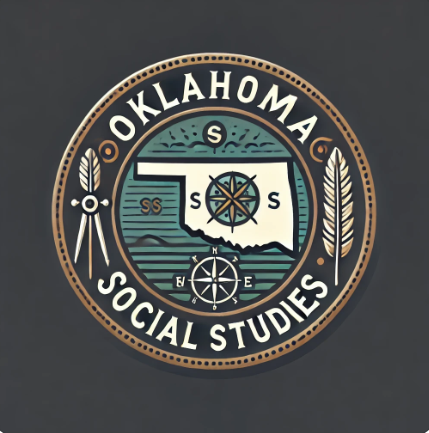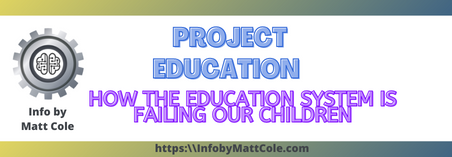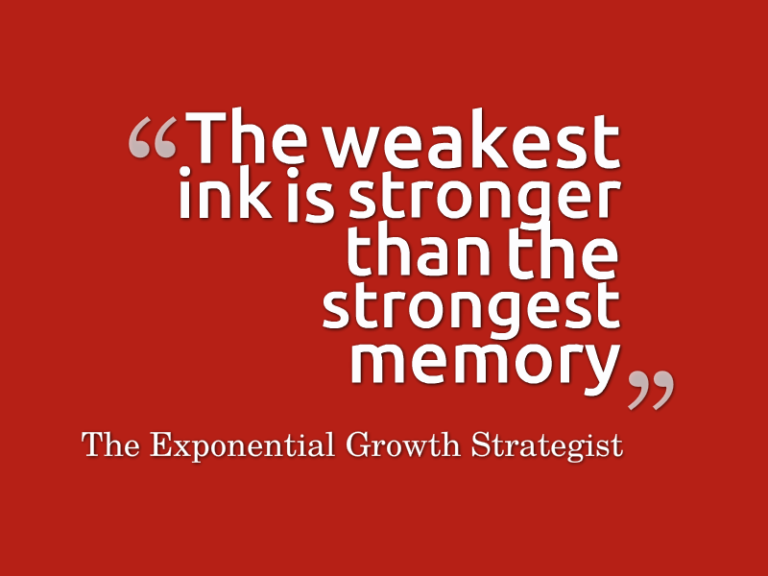Critical Thinking Skills – Challenge Assumptions
To develop critical thinking skills, it’s important to challenge assumptions. Assumptions are beliefs or ideas that are taken for granted, without being questioned or analyzed. By challenging assumptions, we can gain a deeper understanding of a particular issue, evaluate different perspectives, and identify potential biases or blind spots. Here are some tips for challenging assumptions:
- Identify assumptions: The first step in challenging assumptions is to identify them. This involves examining the beliefs or ideas that are taken for granted and asking yourself why you believe them.
- Ask questions: Asking questions is a key component of challenging assumptions. This involves asking open-ended questions that encourage others to think critically about their beliefs and ideas.
- Consider alternative perspectives: Challenging assumptions also involves considering alternative perspectives. This means examining different arguments or viewpoints on a particular issue and evaluating their strengths and weaknesses.
- Evaluate evidence: Evaluating evidence is a crucial part of challenging assumptions. This involves examining the evidence behind a particular belief or idea and determining whether it supports or contradicts that belief.
- Embrace uncertainty: Challenging assumptions can be uncomfortable, as it often involves questioning beliefs or ideas that are deeply ingrained. Embracing uncertainty means being open to the possibility that our assumptions may be wrong and being willing to consider alternative perspectives.
- Practice mindfulness: Mindfulness involves being present in the moment and non-judgmentally observing our thoughts and feelings. Practicing mindfulness can help us become more aware of our assumptions and biases, and can help us develop a more open-minded and curious approach to learning.
In Summary
Challenging assumptions is an important part of developing critical thinking skills. By identifying assumptions, asking questions, considering alternative perspectives, evaluating evidence, embracing uncertainty, and practicing mindfulness, individuals can become more effective critical thinkers. Remember that developing critical thinking skills takes time and practice, and that by continually challenging assumptions, individuals can become more effective problem-solvers and critical thinkers.
#infobymattcole
 You can check out Matt’s LinkedIn account, Youtube Channel, or Podcast.
You can check out Matt’s LinkedIn account, Youtube Channel, or Podcast.Introducing my new books, ‘The Art of Critical Thinking’ and ‘The Critical Thinking Model’. Both can be read for free with Kindle Unlimited or $2.99 each via Kindle.




